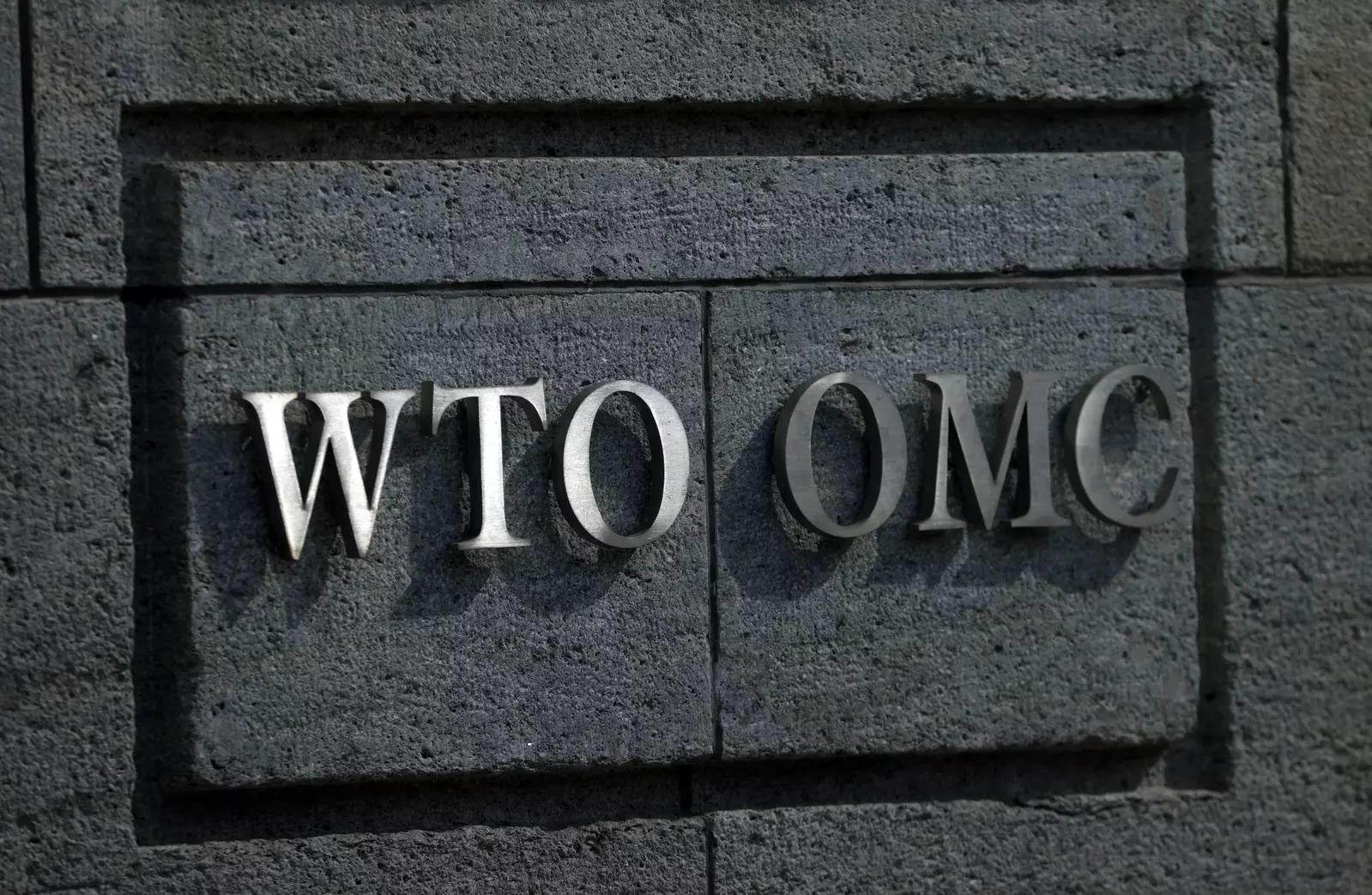
India on Wednesday expressed concern that some suggestions on reforming the World Trade Organization (WTO) could give rise to fundamental changes in the institutional architecture of the trade body, which could eventually damage the developing nations more.
While addressing the thematic session on WTO reforms held on Day 4 of the ongoing ministerial meet in Geneva, commerce and industry minister Piyush Goyal said such suggestions could run the risk of skewing the system against the interest of developing countries.
He further added that the gaps between the developing and developed members have, in fact, widened in many areas, emphasising that the special and differential treatment (S&D) must continue. Such treatment has been a treaty-embedded and non-negotiable right for all developing members, the minister added.
With no substantial outcome at sight, the WTO secretariat on Wednesday announced that the ministerial would be extended by a day, till June 16, even as hectic parleys are expected to continue all throughout the night.
In the afternoon, when all the thematic sessions got over, Goyal and select negotiators were invited by WTO’s director-general Ngozi Okonjo-Iweala to attend a green room meeting to sort out certain draft texts still in brackets. “The DG invited 35 countries including India to find a middle path on a number of issues,” an Indian officer told ET.
In fact, reforming the trade body has been one of the key themes of the ongoing WTO’s ministerial. But India’s position has been crystal clear on how such reforms should be undertaken.
“In all such reforms, we must ensure that multilateral rule making processes are neither bypassed nor diluted,” Goyal said, adding that the principles of non-discrimination, predictability, transparency and most importantly, the tradition of decision making by consensus need to remain sacrosanct.
While insisting that India strongly supports robust WTO reforms and modernisation agenda, the minister stressed that the reform process should take place in the general council and other regular bodies too.
(The writer is in Geneva at the invitation of commerce and industry ministry)
Go to Source